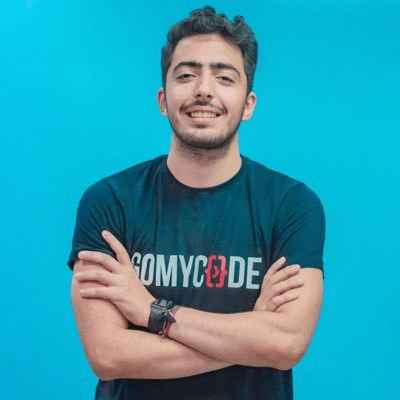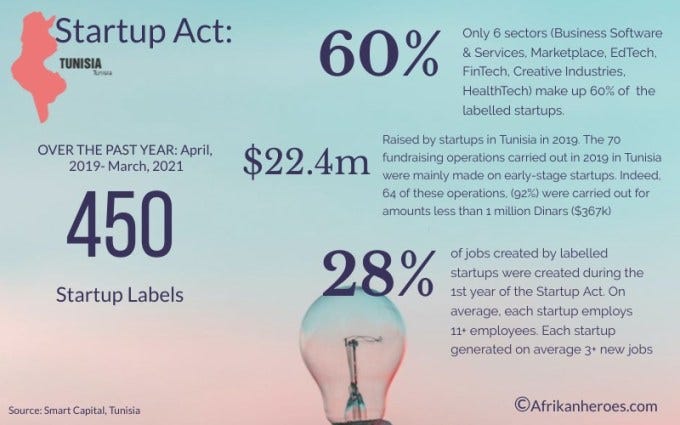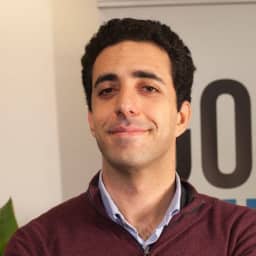GoMyCode: The Tunisian Edtech Startup that Trained over 30,000 Learners in Just Five Years
In the vast and ever-evolving world of digital education, a singular name emerges as a beacon of inspiration and transformation: GoMyCode. Within the brief span of five years, this remarkable Tunisian edtech startup has set forth an awe-inspiring trajectory, ushering in a new era of learning and innovation. With its pioneering vision and unwavering dedication, GoMyCode has not merely empowered over 30,000 learners across nine countries and forty cities, but it has also solidified its position as a distinguished trailblazer in the realm of technological education.
From Modest Inception to Global Embrace:
The tale of GoMyCode commenced humbly in 2018, fueled by dreams of making a difference and a modest presence in just three locations: LAC1, Sousse, and Sfax. Yet, driven by an ardent passion for technology and an unwavering vision, the founders swiftly grasped the magnitude of their potential to create a sweeping impact. In 2019, they secured an exceptional seed funding of $800,000, a testament to the belief and trust vested in their noble mission by investors.

Subsequently, GoMyCode transcended borders and embarked on an international voyage, spanning eight countries and traversing continents. From Algeria to Lebanon, Senegal to Egypt, and beyond, the startup’s influence reverberated globally, garnering admiration from students, professionals, and entrepreneurs alike.
A Landmark Achievement:
The year 2022 marked a defining moment in GoMyCode’s expedition, as the startup remarkably raised a staggering $8 million in a Series A funding round. This substantial influx of capital catapulted GoMyCode to new heights, enabling the establishment of 30 additional training spaces, thereby nurturing the thirst for knowledge among more eager minds.
read also Tunisia’s GOMYCODE Raises $8M To Grow In Africa And The Middle East.
Yet, GoMyCode’s journey did not culminate there. In 2023, it fearlessly ventured into uncharted territories, planting its first branches in Kenya and Jordan. The world took notice, and the startup’s influence continued to surge, establishing a new paradigm for digital education on a global scale.
A Flourishing Community of Innovators:
Beyond its learning platform lies GoMyCode’s captivating allure — the vibrant community it has cultivated. An oasis for tech enthusiasts and creators, the startup has fostered an ecosystem where diverse minds converge, igniting sparks of innovation, fostering collaboration, and propelling one another to boundless heights.
As this community thrived, so did the profound impact on individual lives. Students who once embarked on their journeys with GoMyCode emerged transformed, armed with cutting-edge skills and the confidence to conquer the ever-evolving digital landscape.
A Vision for Lifelong Learning:
The cornerstone of GoMyCode’s triumph lies in its steadfast commitment to making technology education inclusive and accessible to all, transcending age and background barriers. Through cutting-edge training programs in web development, artificial intelligence, entrepreneurship, and more, the startup has opened doors to new opportunities, democratizing learning for eager minds worldwide.
Looking Forward:
As GoMyCode commemorates its fifth anniversary, co-founder Yahiya Bouhlel reflects upon the journey with profound pride: “We proudly celebrate our 5th anniversary at GoMyCode, and I am honored to witness how our vision has manifested into reality over the past five years. Our belief is that flexible training experiences will play an increasingly pivotal role in the global education market.”
read also Egyptian Fintech Cayesh Lands Funding from Visa at Seamless North Africa
The future beckons with boundless promise for GoMyCode. With a special focus on Africa’s burgeoning young population, the startup aspires to expand to 100 training spaces, accommodating up to 80,000 students annually. GoMyCode stands poised to spearhead the transformation of education, empowering generations to flourish in the digital age.
Charles Rapulu Udoh

Charles Rapulu Udoh is a Lagos-based lawyer, who has several years of experience working in Africa’s burgeoning tech startup industry. He has closed multi-million dollar deals bordering on venture capital, private equity, intellectual property (trademark, patent or design, etc.), mergers and acquisitions, in countries such as in the Delaware, New York, UK, Singapore, British Virgin Islands, South Africa, Nigeria etc. He’s also a corporate governance and cross-border data privacy and tax expert.
As an award-winning writer and researcher, he is passionate about telling the African startup story, and is one of the continent’s pioneers in this regard











